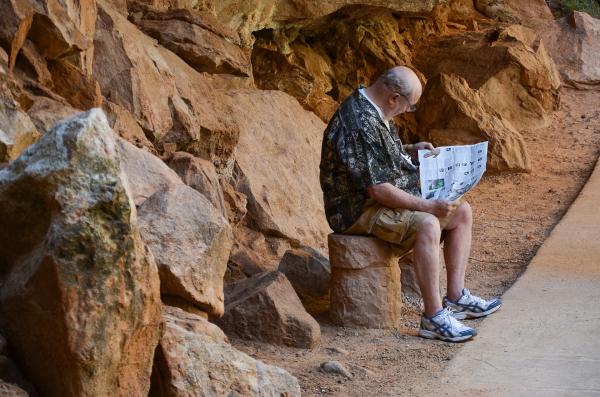“And no country may be better positioned to capitalize on climate change than Russia. Russia has the largest land mass by far of any northern nation. It is positioned farther north than all of its South Asian neighbors, which collectively are home to the largest global population fending off displacement from rising seas, drought and an overheating climate. Like Canada, Russia is rich in resources and land, with room to grow. Its crop production is expected to be boosted by warming temperatures over the coming decades even as farm yields in the United States, Europe and India are all forecast to decrease. And whether by accident or cunning strategy or, most likely, some combination of the two, the steps its leaders have steadily taken — planting flags in the Arctic and propping up domestic grain production among them — have increasingly positioned Russia to regain its superpower mantle in a warmer world.”
Yes, even with climate change, there can be winners and losers. From ProPublica, The Big Thaw
“It was also the classical philologists who in 1850 invented Big Science—both the word and the thing—and thereby once again excited the envy and emulation of the scientists, who fretted that all the money was going to the humanities. It is important to keep in mind that it was the philologists who first defined the ideals of research, created the institutions to train and propel research, persuaded governments to bankroll huge projects, and upheld the cult of specialized methods and exactitude. …”
COVID-19 has revealed the underlying tension within science; the truth keeps changing, and in some ways, we fool ourselves by describing that change as incremental when often it is shape-shifting. From the Hedgehog Review, a consideration of science in our world and our world-view, When Science Went Modern
“Aoccdrnig to a rscheearch at Cmabrigde Uinervtisy, it deosn’t mttaer in waht oredr the ltteers in a wrod are, the olny iprmoetnt tihng is taht the frist and lsat ltteer be at the rghit pclae. The rset can be a toatl mses and you can sitll raed it wouthit porbelm. Tihs is bcuseae the huamn mnid deos not raed ervey lteter by istlef, but the wrod as a wlohe.
Most people can extract the meaning from this quotation without too much problem, which seems to prove its point: You can read using a general impression of the word rather than relying on the sound.”
Perhaps this is a busman’s holiday for those who follow this column. Reading has been with us just a short time; from the viewpoint of evolution, we repurposed some of our already present skills. As this piece from Nautil.us points out, we read pictures and words in very similar neurologic ways. Reading, That Strange and Uniquely Human Thing




